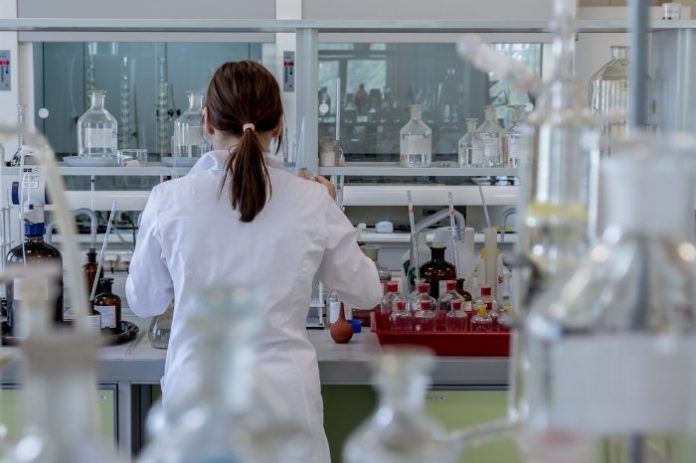
Australia’s University of Newcastle is receiving almost $2.5 million for a world-first research centre that will test the efficacy and safety of cannabinoid medications.
Announced by Federal Minister for Health, Greg Hunt MP on Wednesday, the grant comes from the latest round of National Health and Medical Research Council (NHMRC) funding. The NHMRC is an Australian government body that supports the full spectrum of health and medical research in the nation.
The Australian Centre for Cannabinoid Clinical and Research Excellence (ACRE) will be led by University of Newcastle clinical pharmacologist Professor Jennifer Martin, along with co-director Professor Nadia Solowij from the University of Wollongong.
“At this critical juncture where legislation around cannabis and cannabinoids is rapidly changing in Australia and worldwide, there is tremendous opportunity for Australia to establish world leadership in cautious and appropriately balanced management of the implementation of medicinal cannabinoids into specialist and primary health care settings,” said Professor Solowij.
Professor Solowij is the most published researcher in the world on the topic of cannabis and the brain and her recent research has focused on therapeutic or harmful effects of various cannabinoids.
Professor Martin is the Chair of Clinical Pharmacology at University of Newcastle’s School of Medicine and Public Health. Last year, the professor warned of the danger of evangelising any unconventional therapy, including medical cannabis, and stressed the need for further research. However, Professor Martin expects to see treatments based on cannabinoids to be “much more available in Australia within the next five years”.
The Centre will work in partnership with the Hunter Medical Research Institute (HMRI), Hunter New England Health and interdisciplinary teams from a number of other Australian universities.
In other recent cannabis-related news from the University of Newcastle, researchers have developed a powder made from industrial hemp seed that has proven to be very effective in removing toxic PFAS compounds from water. PFAS chemicals were present in fire-fighting foams commonly used by Australia’s defence forces at bases across the country. PFAS’s never break down and are bio-accumulative, making them a particularly nasty threat.
No comments:
Post a Comment